Self-Shedding Sheep Breeds
Self-shedding sheep have been bred to produce shorter, finer wool fibres that are easily shed from their bodies, eliminating the need for shearing, crutching and mulesing.
Self-shedding sheep are less prone to flystrike, a condition where flies lay eggs in the sheep’s wool, which can lead to maggot infestation and the death of the animal. From a nutritional point of view, the hardy self-shedding breeds are less-selective grazers and tend to walk less during grazing, therefore burning up less energy. They are very adaptable, and generally thrive in harsh conditions.
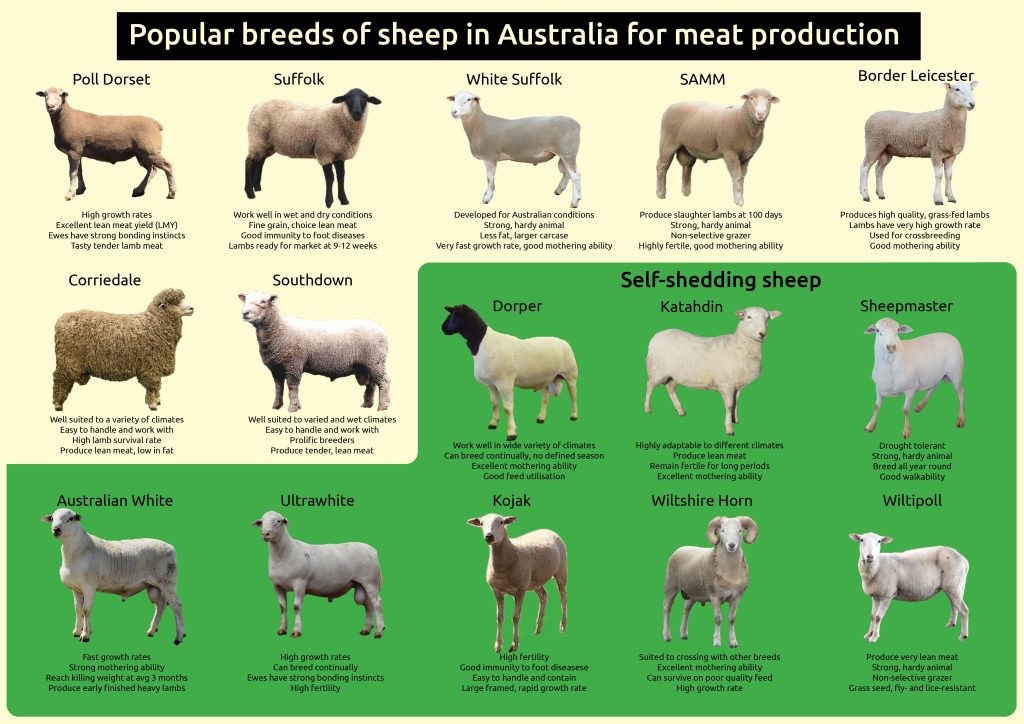
Dorper
The Dorper is well known for its ability to adapt and survive in a variety of climatic and grazing conditions. This has seen the Dorper develop into one of the largest meat sheep breeds in Australia.
The Dorper are an economical breed because of their excellent feed utilisation and resistance to disease.
Dorper lambs can graze from an early age. They grow rapidly and can attain a high weaning weight. The Dorper is one of the most fertile of all sheep breeds, and they can also breed continually, with no defined season. Their breeding intervals can be as short as eight months or three times in two years.
The Dorper ewe is a very good mother and protective of her young.
The Dorper can also be incorporated into under-utilised low-quality pastures.
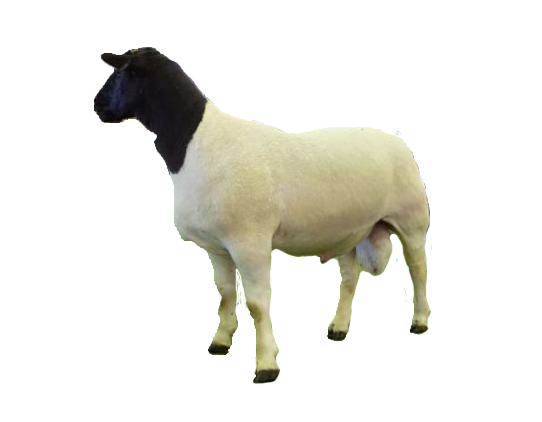
Whiltshire Horn
Wiltshire Horn sheep represent an exceptional breed combining practical utility with historical significance. Their most distinctive feature is their natural wool-shedding ability, eliminating the need for shearing and associated management practices like crutching, mulesing, and treatments for parasites. Beyond this “easy care” advantage, they boast impressive characteristics including high fertility, strong maternal instincts, good muscling, lean meat production, and adaptability to challenging conditions. Their versatility makes them ideal for both small family farms and commercial operations, where they excel as terminal sires producing prime lambs with significant hybrid vigor when crossed with other breeds.
With a history potentially dating back to Roman times and at least 250 years in Britain, Wiltshire Horns have developed remarkable resilience and distinctive personalities. Recent selective breeding in Australia has further enhanced their multi-purpose value, making them an increasingly popular choice for farmers seeking to reduce management costs while maintaining productive, healthy flocks.
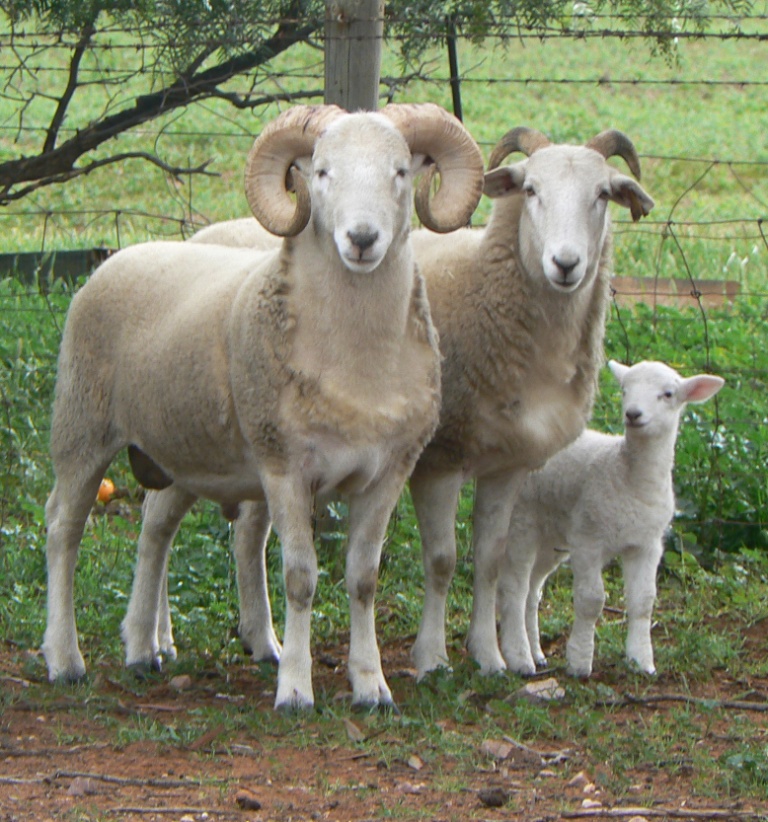
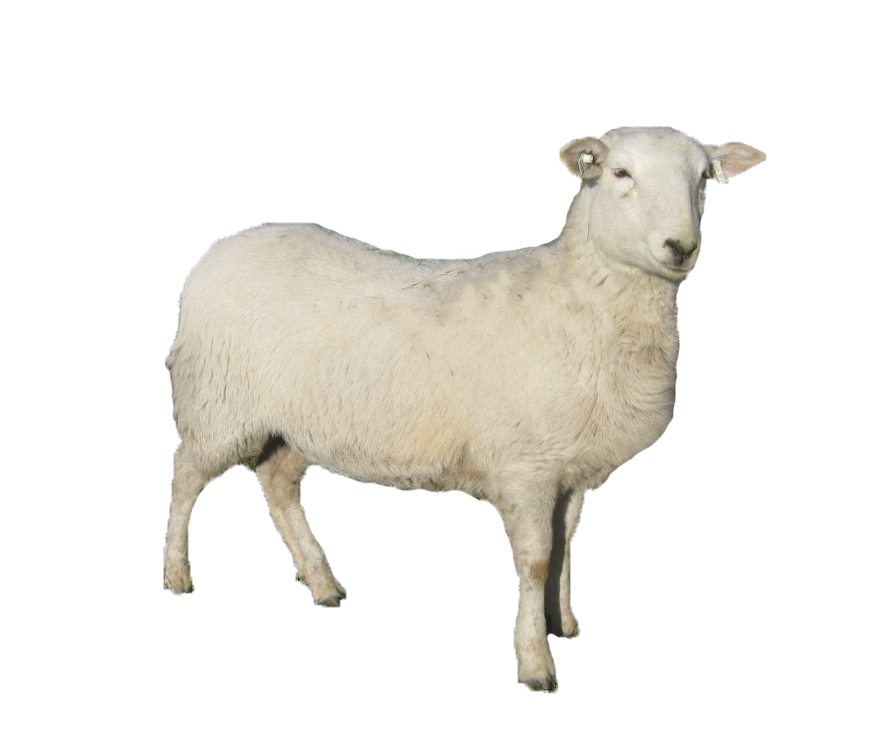
Katahdin
Katahdins are a popular meat breed. They grow quickly and reach market weight early.
This breed is adaptable and can live in many different climates.
Katahdins often breed out of season. They are alert, protective mothers. They reach sexual maturity early, and remain fertile for a longer period than many other breeds.
Katahdin meat tends to be leaner than that of many other breeds. Katahdins have hair and not wool, meaning they are a low-maintenance breed that will shed their hair naturally.
Katahdin ewes are prized for their excellent mothering instincts. They lamb easily, often lambing successfully on their own, on pasture. Their lambs have a tendency to be alert upon birth and are vigorous growers.
Katahdin sheep are often raised for land management purposes. They will eat a lot of material that other sheep won’t touch, leading many Katahdin producers to describe them as being more “goat”-like than other breeds.
Australian White
The Australian White is a moderately large, meat sheep heavy breed which still has good mobility.
The Australian White is an early maturing, growth-oriented breed with sufficient inbuilt hardness to survive most Australian pastoral conditions. Australian whites reach a killing weight within an average of three months, compared to about four to five months for dorpers. The breed can produce the earliest and heaviest lambs across trade specifications and before other haired breeds.
Other essential traits of the Australian White include a strong mothering instinct and a high degree of vigour in lambs. This is a hair breed with good shedding ability, eliminating the need for shearing and making them a great easy-care option.
This breed is both tall and long in the carcase, with fat marbling similar to that of wagyu beef.
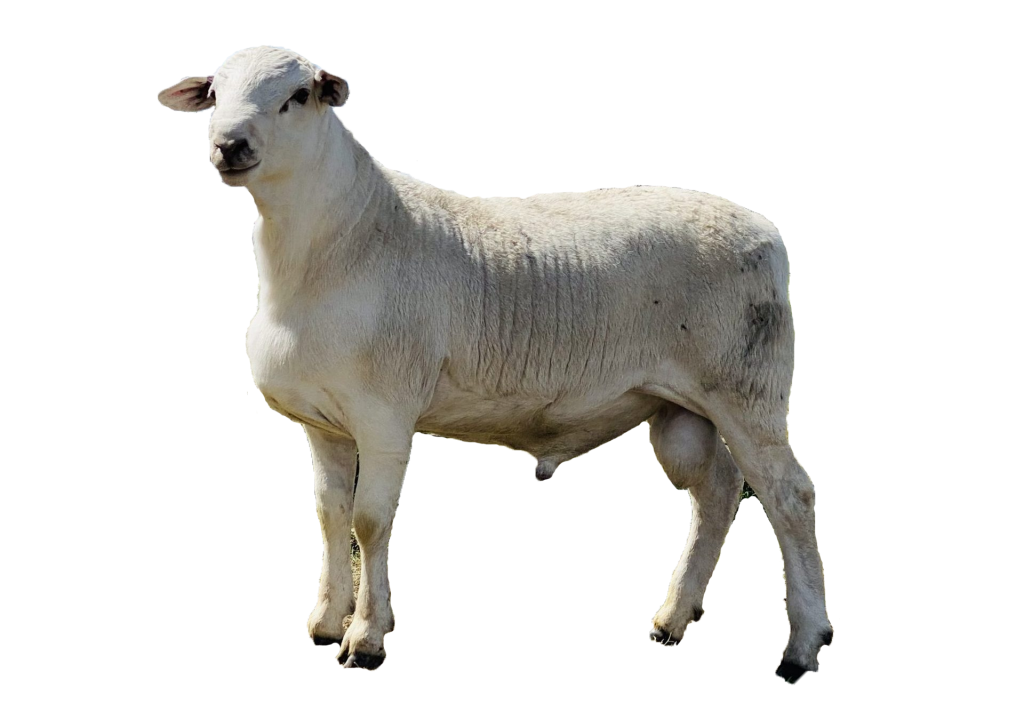
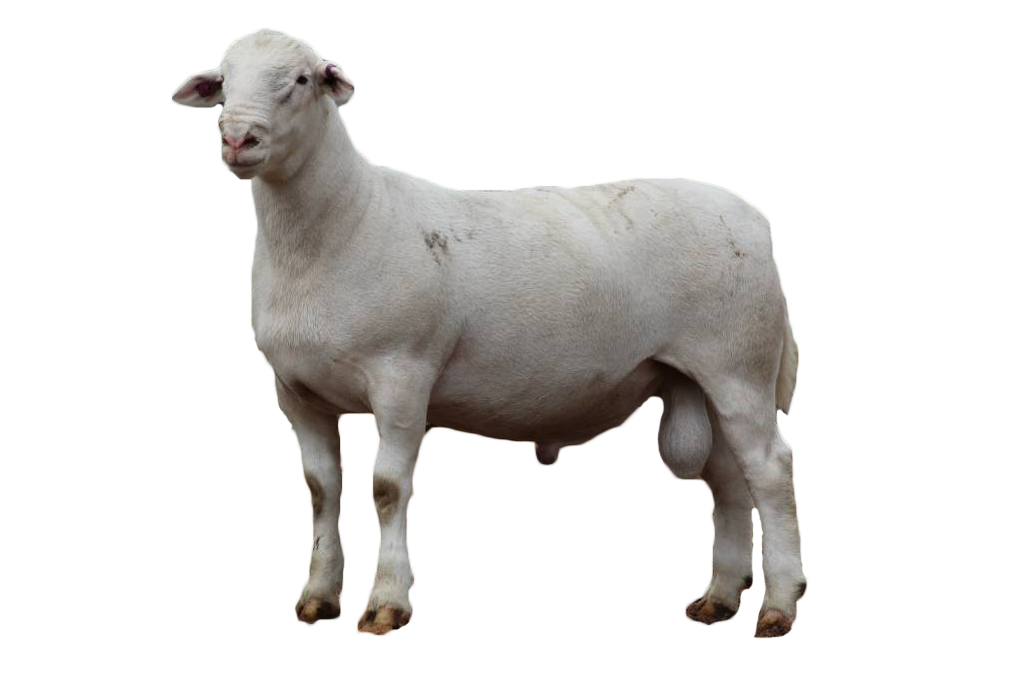
UltraWhite
UltraWhites are a modern sheep bred for meat production and eating quality. The breed is considered an ‘easy-care’ breed that naturally sheds its wool (no shearing), allowing the animal to put all its energy into growth and carcase traits.
These sheep have good growth and muscling capabilities, and are fast growers.
UltraWhite ewes are also excellent mothers with high fertility and can breed all year round.
Kojak
The Kojak is a shedding breed developed in a medium rainfall Mediterranean-type climate area. The breed are large framed, highly fertile animals with good feet, and these sheep are easily contained.
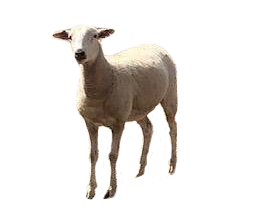
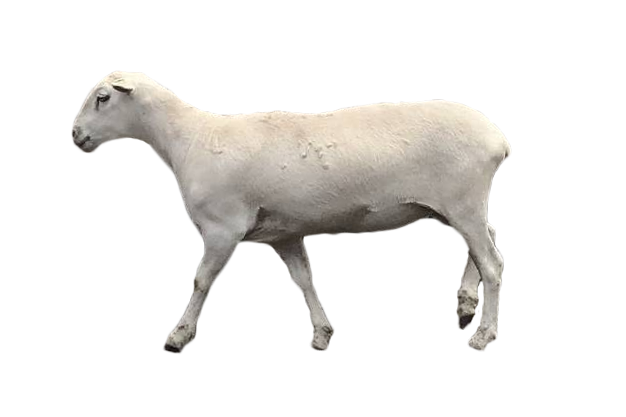
Nudies
Historically, shedding breeds come from warmer dry climates which restricts their suitability for intensive southern areas.
Nudies are clean shedding, high footrot- and worm-resistant sheep – bred to perform in southern environments in Australia where they must be able to tolerate cold, wet, muddy conditions with internal parasite pressures.
Sheepmaster
Sheepmaster are a relatively new shedding breed, created for Australian conditions. They have been bred for productivity, early maturity, good walkability and are drought tolerant, hardy, tick resistant and productive in all conditions. Sheepmaster sheep breed all year round.
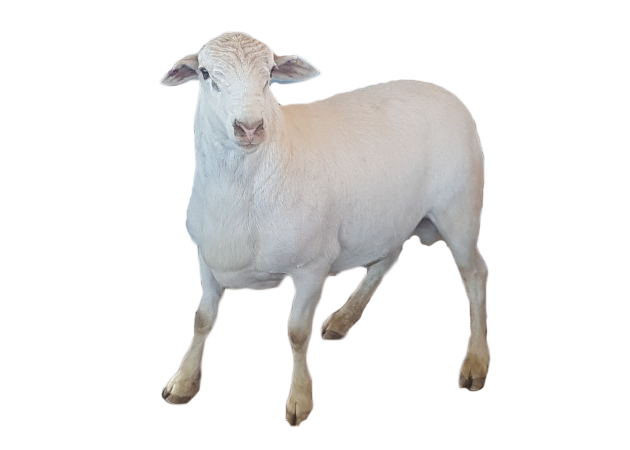
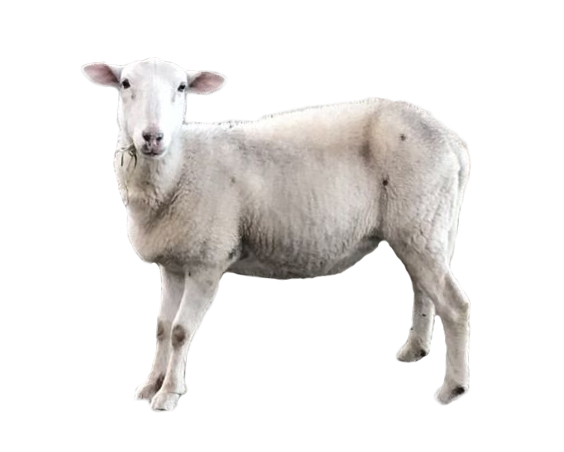
Wiltipoll
The Wiltipoll breed is known for completely shedding their fleece annually, needing no jetting, dipping or mulesing, producing a high percentage of multiple births, and being large-framed excellent meat sheep.
Wiltipoll ewes also possess excellent mothering qualities.
Other self-shedding meat breeds include: BreedersBest, Damara, Van Rooy.
